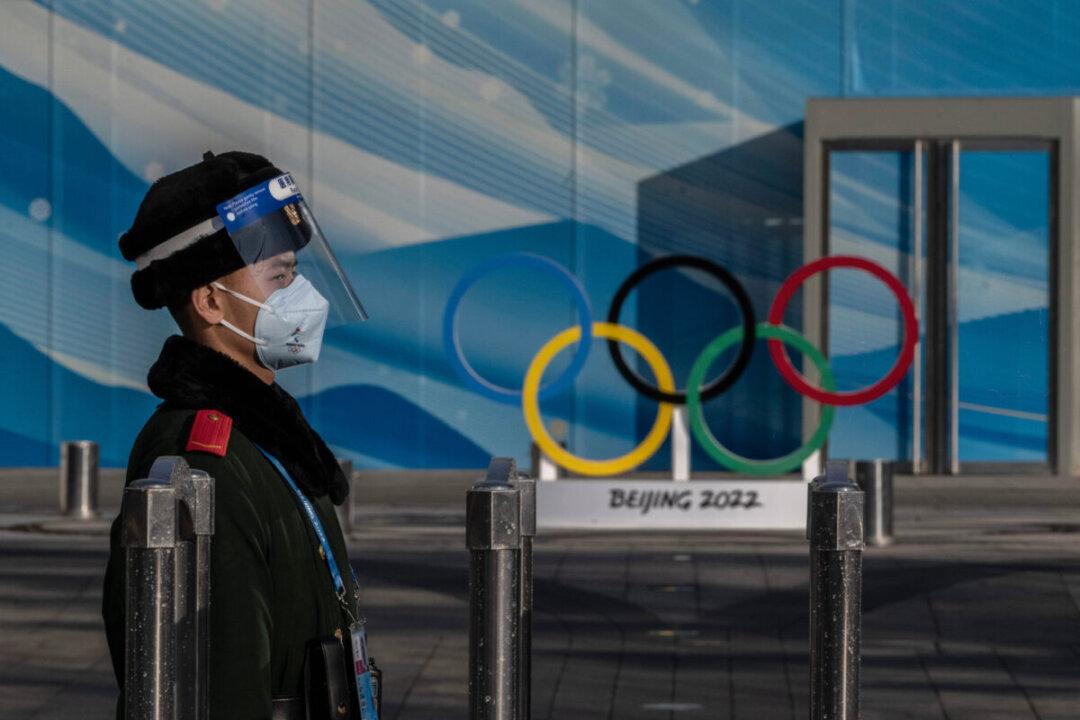News Analysis
In addition to being subjected to constant surveillance, attendees of the Winter Olympics have been warned by the Chinese regime not to speak out on any sensitive topics such as human rights issues.

In addition to being subjected to constant surveillance, attendees of the Winter Olympics have been warned by the Chinese regime not to speak out on any sensitive topics such as human rights issues.